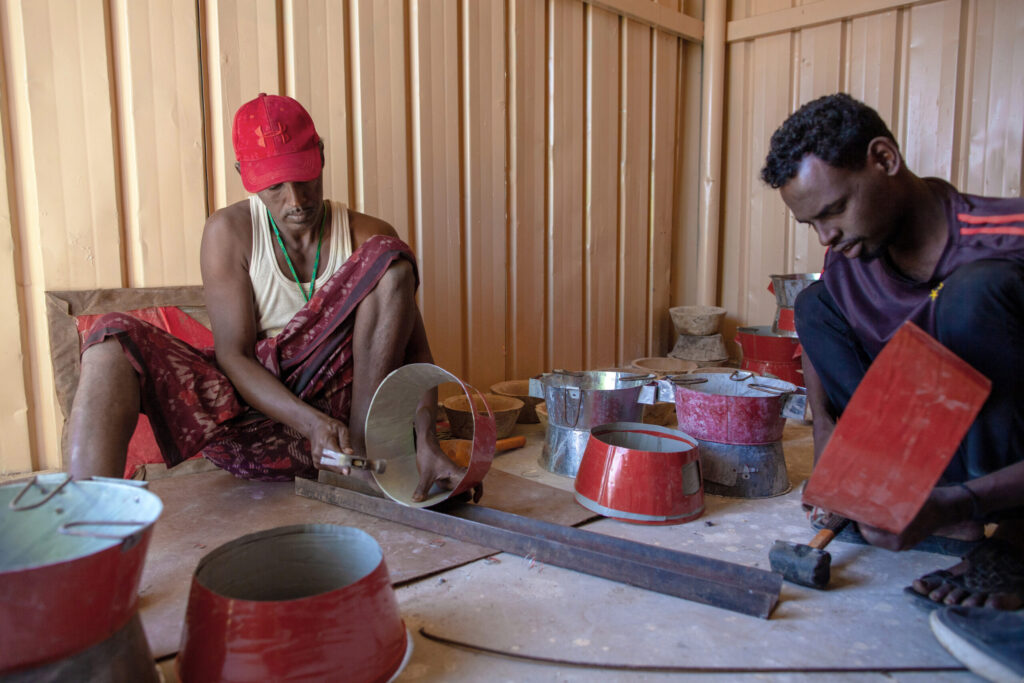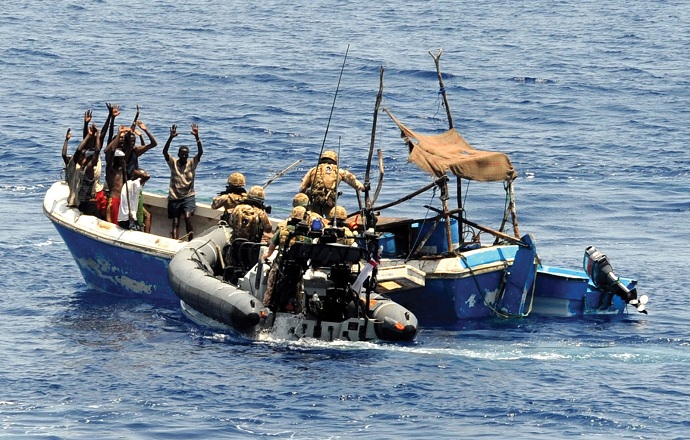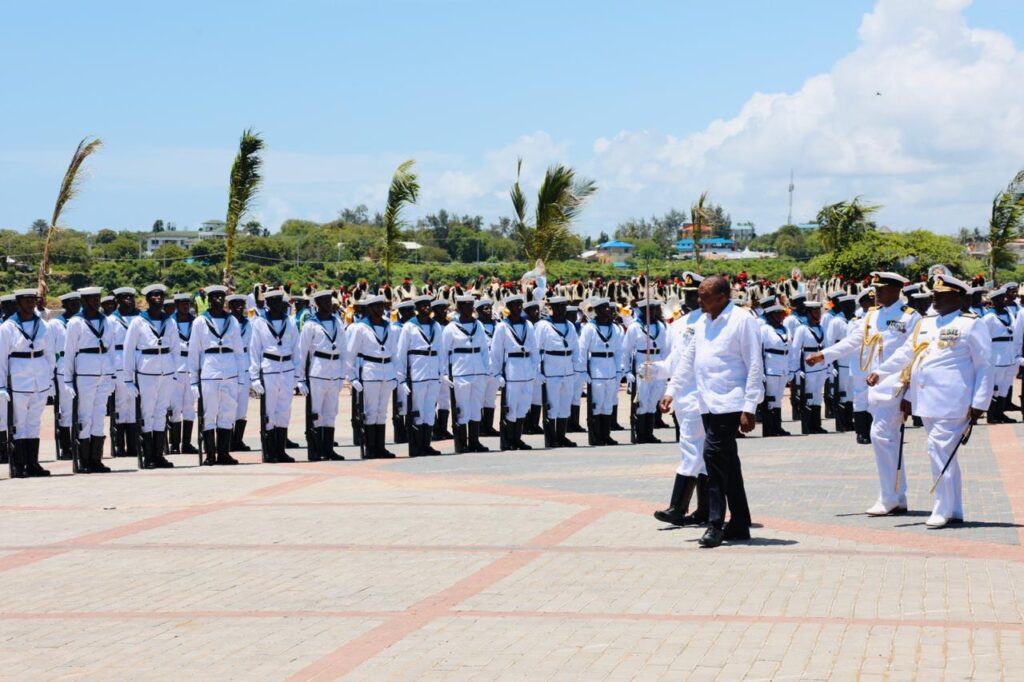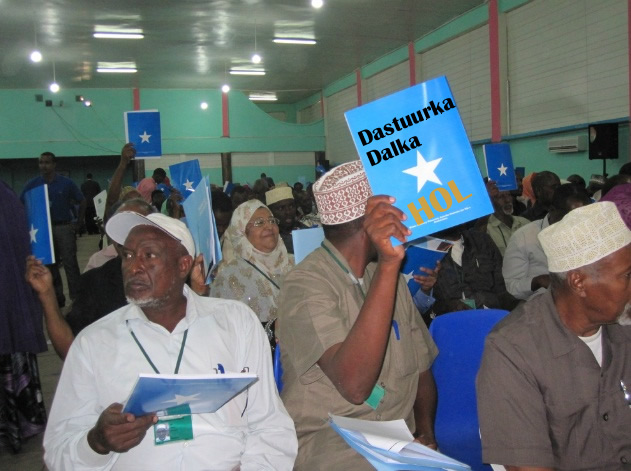- Research
- Knowledge
- Influence
Development Factors Influencing the Kenya-Somalia Maritime Dispute
Michael Owuor
Abstract
Exploitation of Somalia’s population dynamics for political expediency; vested interests of local and geopolitical actors; role of development partners; and the influence of diaspora Somalis are key development factors influencing Kenya-Somalia maritime dispute. While the economic interests of geopolitical actors and development partners appear to exert more influence in the dispute, the personal interests of local actors remain prominent. Read more.

Implications of Piracy on the Kenya-Somalia Maritime Dispute
Ida Gathoni
Abstract
The Kenya-Somalia maritime border currently under dispute at the ICJ remains key to Kenya’s strategic interests. Somalia argues that Kenya-Somalia border runs based on the equidistance principle, whereas Kenya claims the border runs parallel to the latitude. There is high likelihood of piracy escalating along the Horn of Africa and the East African coastline as a result of the maritime dispute and state failure in Somalia. The potential loss of maritime territory to Somalia coupled with Somalia’s inadequate security apparatus will directly impact on Kenya’s national security. The situation is further compounded by other existing transnational organized crimes in the disputed zone. Read more.

Internal Dynamics Affecting Kenya’s Diplomatic Leverage in the Kenya–Somalia Maritime Boundary Dispute
Janet Kiguru
Abstract
Kenya’s preoccupation with internal politics, divided loyalties, Al-Shabaab infiltrations and institutional inefficiencies has undermined Kenya’s approach to its maritime dispute with Somalia. These domestic variables have profound effect on her diplomatic leverage on the issue. Nevertheless, with two months to the determination of the International Court of Justice (ICJ) case, Kenya still has the opportunity to craft a strategic diplomatic recourse. Read More.

The Kenya-Somalia Maritime Dispute: Impact of the ICJ Ruling on Kenya’s National Security Interests
Dr. John Mwangi
Abstract
The March 2021 ICJ ruling on Kenya-Somalia maritime dispute will impact on Kenya’s sovereignty, territorial integrity and economic prosperity with implications on Kenya’s defence strategy, maritime governance and internal security dynamics. Addressing the existing policy gaps in maritime governance; engaging the diplomatic muscle; intensifying Somalia stabilization process; reaching out to North Eastern and Coast regions and resolving the refugee crisis are crucial in maintaining sovereignty and territorial integrity. Read more.

Role of Somalia’s Constitution in Resolving the Kenya-Somalia Maritime Boundary Dispute
Stephen Nduvi
Abstract
Somalia’s constitution provides key strategic leads to Kenya and Somalia on the delimitation of the ongoing maritime dispute. They include provisions on delimitation of the territory of the Federal Republic of Somalia (FRS); simmering conflict over federalism; handling post Somalia 2021 elections fallouts and; simmering conflict over petroleum legislative processes. Kenya needs to use the constitutional provisions to intensify engagements with United Nations to bring Somalia back to the negotiation table. Read more.

